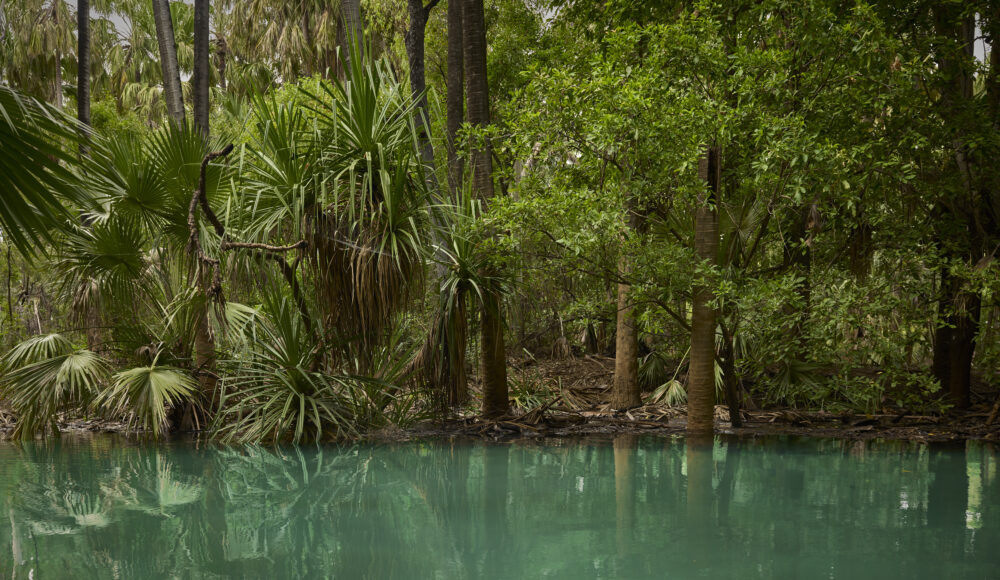The NSW Land and Environment Court has ruled in our client’s favour on the question of allowing experts to give evidence in our legal challenge to a water sharing plan.
Acting on behalf of the Nature Conservation Council of NSW (NCC), EDO lawyers are in the Court to challenge the validity of the Border Rivers Water Sharing Plan, arguing that the NSW Government Water and Environment ministers failed to properly consider future climate change when making the Border Rivers Plan.
This is the first time a plan for sharing water is being challenged in court over climate change.
Despite opposition from the ministers, Justice Pain agreed with NCC’s argument that expert evidence is necessary to allow the Court to understand the complexity of climate science, hydrology, and freshwater ecology, and will allow expert evidence.
While the Court is allowing the expert evidence to be heard, the admissibility of the evidence remains a matter for the trial judge. The Court’s decision is available here.
Andrew Kwan, Managing Lawyer of EDO’s Nature program said:
“This is a positive and significant ruling, as expert evidence in this type of legal challenge (judicial review) is uncommon. However, EDO has now had a number of recent successes for clients in ensuring expert evidence on climate change is before the courts and creating important legal precedent. Climate impacts are happening now, and it’s essential to have a clear view of the science, when trying to understand the law here.”
“In this case, such evidence linking climate change with water availability and quality in the Murray Darling Basin will bolster our client’s arguments about the legal requirements of these water planning decisions. The MDB is of course not only the heart of Australia’s life-giving water resources and ecosystems, but also holds special significance for Aboriginal peoples. It must be protected for future generations, carefully accounting for the impacts of climate change.”
Chris Gambian, Chief Executive of the Nature Conservation Council of NSW said:
“It’s a great step forward that the Court agreed to hear expert testimony on how climate change is affecting rivers and wetlands. The expert evidence will underline just how important it is that climate impacts are properly factored into water management.”
EDO will assemble expert witnesses to prepare reports for the case over the coming months.
The case is next before the Court on 24 June 2022 when a timetable to prepare the matter for hearing will likely be set.
Read more about our Freshwater work






